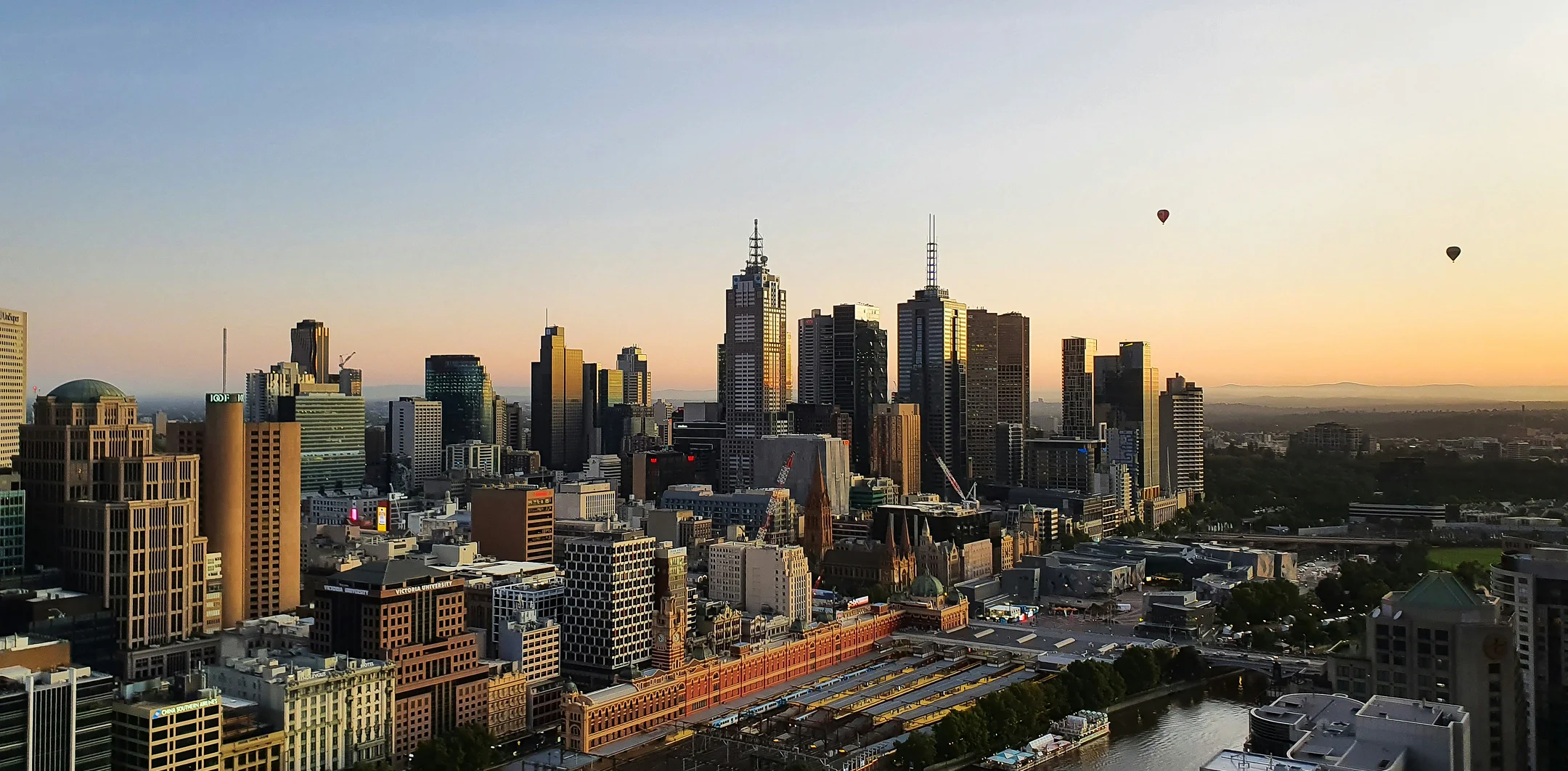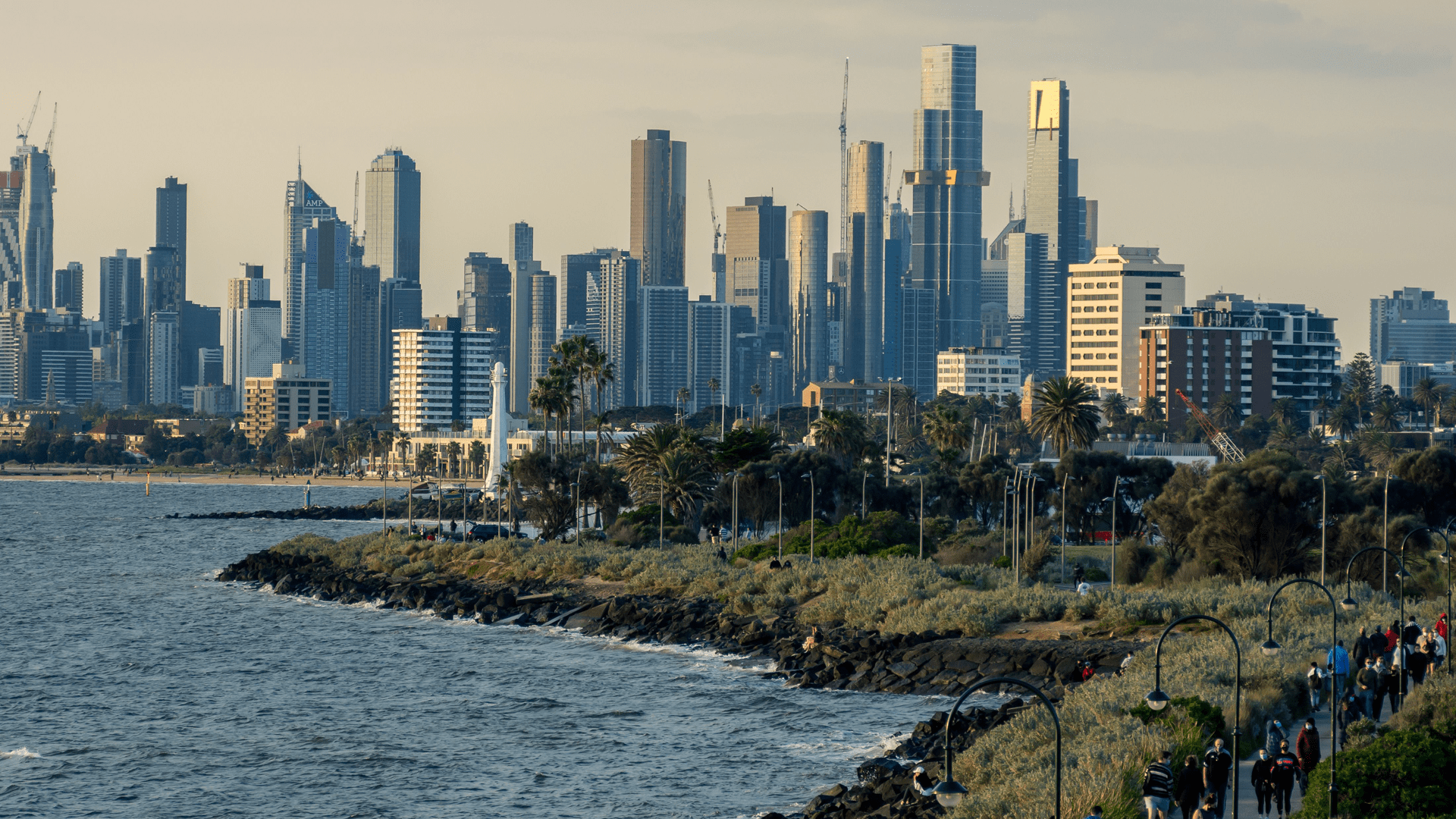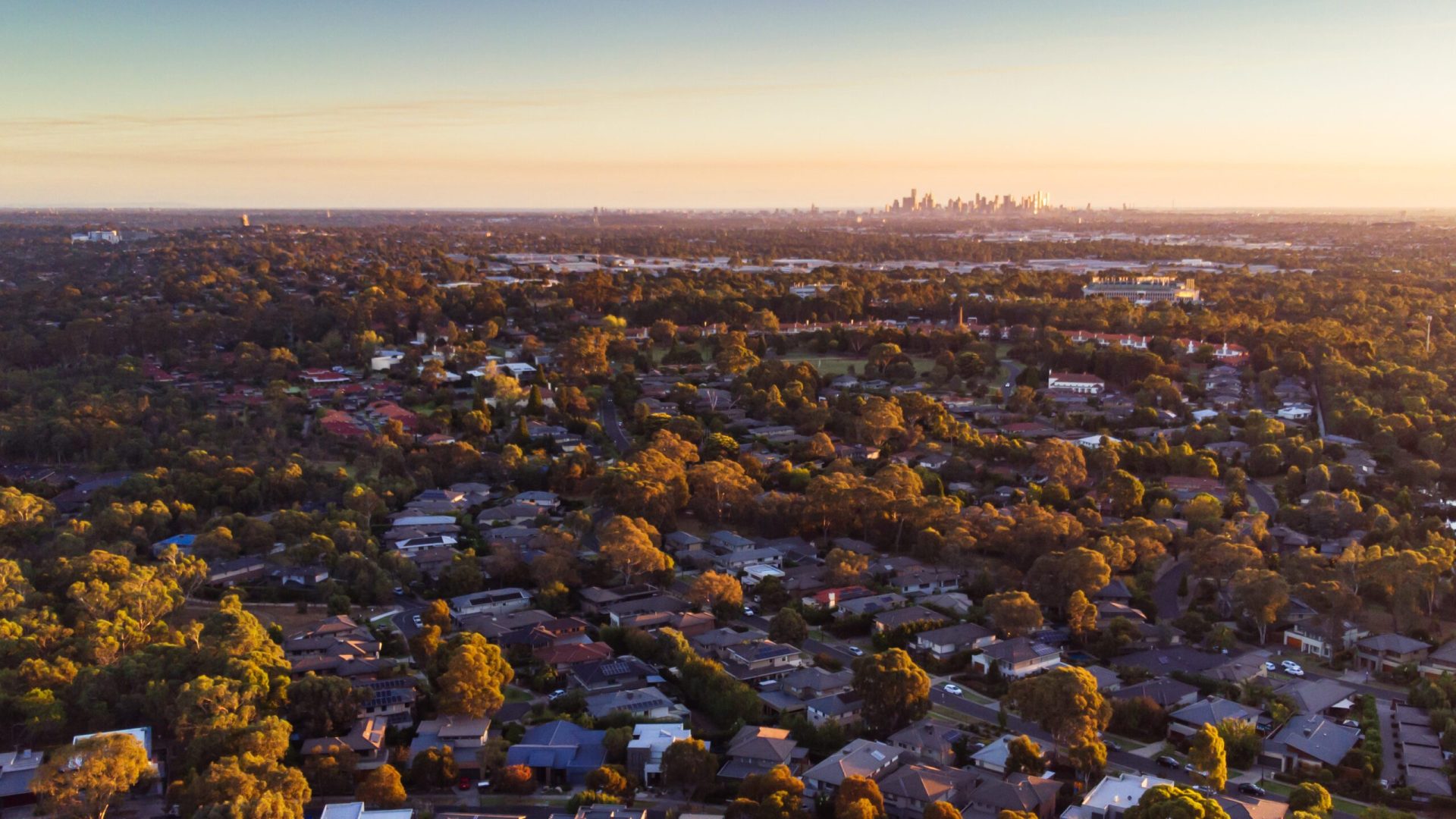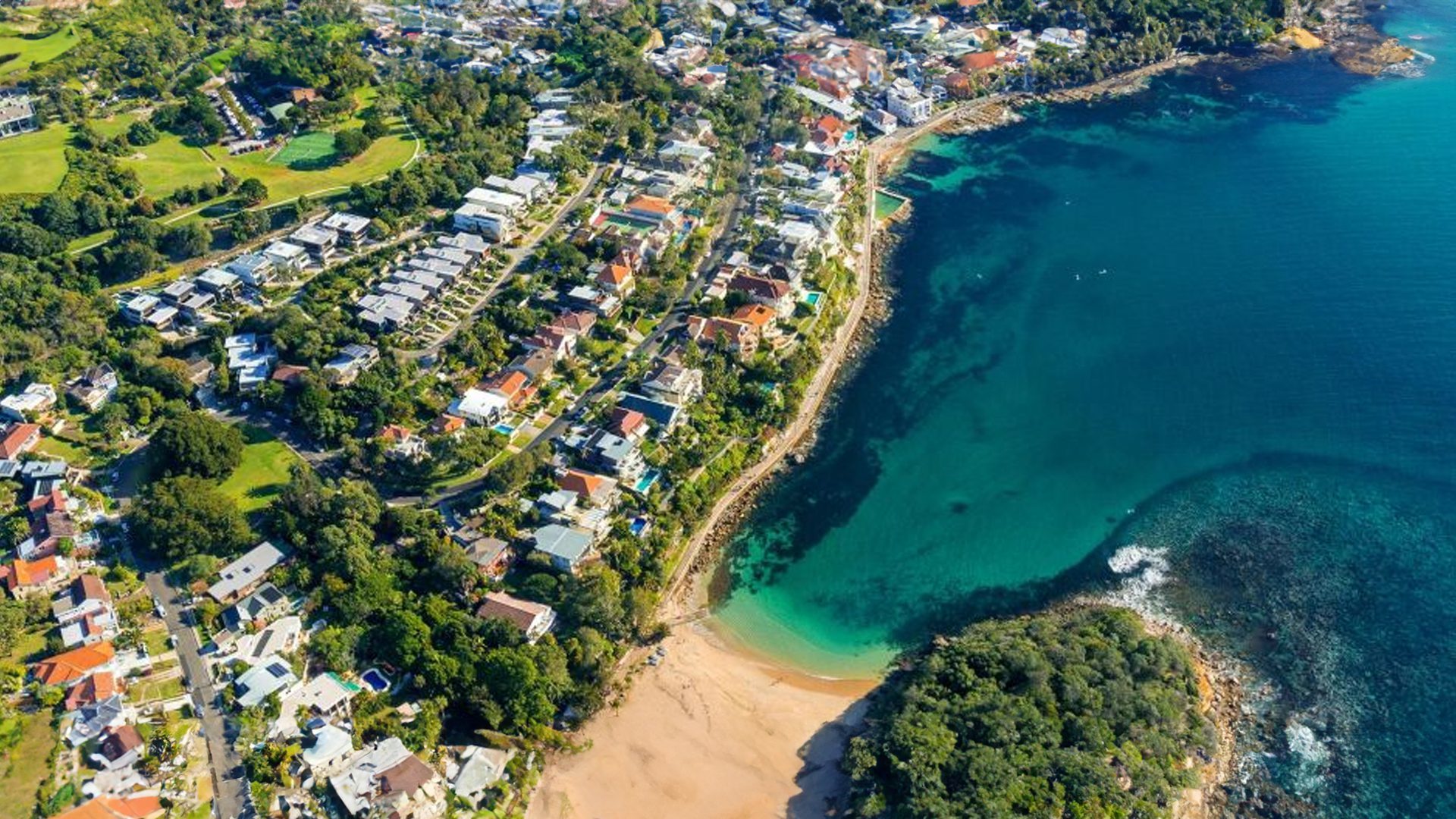We’ve all watched Sydney’s house prices rise over the past few years. If you’re new to the real estate investment game, you might have been putting off your financial goals for fear of not having the capital to enter the market. But your real estate investment goals could still be in reach.
Which begs the question – how much do you really need to start investing in property?
If you’re at the start of your pre-purchase journey, here is a great place to build your confidence with the knowledge to take on the property market. Buying a rental property is a great investment if you’re aware of all the costs upfront, both pre-purchase and post-purchase.
Below is a brief list of costs you’ll need to account for before you begin bidding on your new property.
The Costs of Starting in Real Estate Investment
You Need at Least 20% for Your Home Loan Deposit
Many experts recommend saving 20% of your income for your home loan deposit, or use your existing home as an equity line of credit.
If you’re committed to saving that 20% again as you did with your first home you purchased, you’ll know that this amount can’t be a gift received from a family member or friend.
Your lender wants to see that you’re a dedicated saver who’s been consistently depositing money for the purposes of an investment, so you’ll need to have had this money for three months or more.
It’s possible to be approved for a mortgage with less than 20%, but you’ll likely have to pay a premium in Lender’s Mortgage Insurance (LMI). This is an additional cost the banks charge to take you on as an extra risk.
Budget for Maintenance Every Month
As a landlord, it’s your legal duty to ensure that your investment property is fit to live in. All maintenance costs are up to you as your tenants reports concerns and necessary fixes. It’s not all hard work for nothing though; keep on top of maintenance, and you’ll increase your property’s value over time.
Property Management Fees
Managing your investment property takes time and energy that you’d likely rather spend with your family and friends. It might well be worth your effort to engage with a reliable and experienced property manager.
It’s their role to take on the task of:
- finding tenants
- managing rental payments
- conducting inspection reports
- advertising the property
- keeping you up to date on maintenance requirements.
A property manager will generally charge around 8-12% of the monthly property rent.
Building Inspections, Pest Inspections and Conveyancing Fees
As with your forever home, you need to account for the cost of inspections and paying your solicitor to draw up all the necessary paperwork.
The cost depends on where you’re located and how large the home is. While a small property in a regional area might cost you $200 for an inspection, a larger home in a capital city could set you back up to $1000.
For a conveyancer, expect to pay around $1000 to steer you clear of any legal hiccups when purchasing your new investment property.
Tips for Getting Started
- It pays to find a great agent that has their ear to the ground on great deals, and is experienced with finding investment properties.
- It might also be worth your while to find an independent mortgage broker, who can save you a lot of time finding the right home loan for you. Just ensure they’re transparent about their fees.
- Use trusted expert advice based on referrals from people you know, and be wary of investment seminars.
The best advice we can offer is to keep yourself informed, know what you can afford, and dedicate your time to getting to know the real estate market.
OpenCorp is committed to educating more Australians about creating a secure financial future. Why not explore our range of education options?








